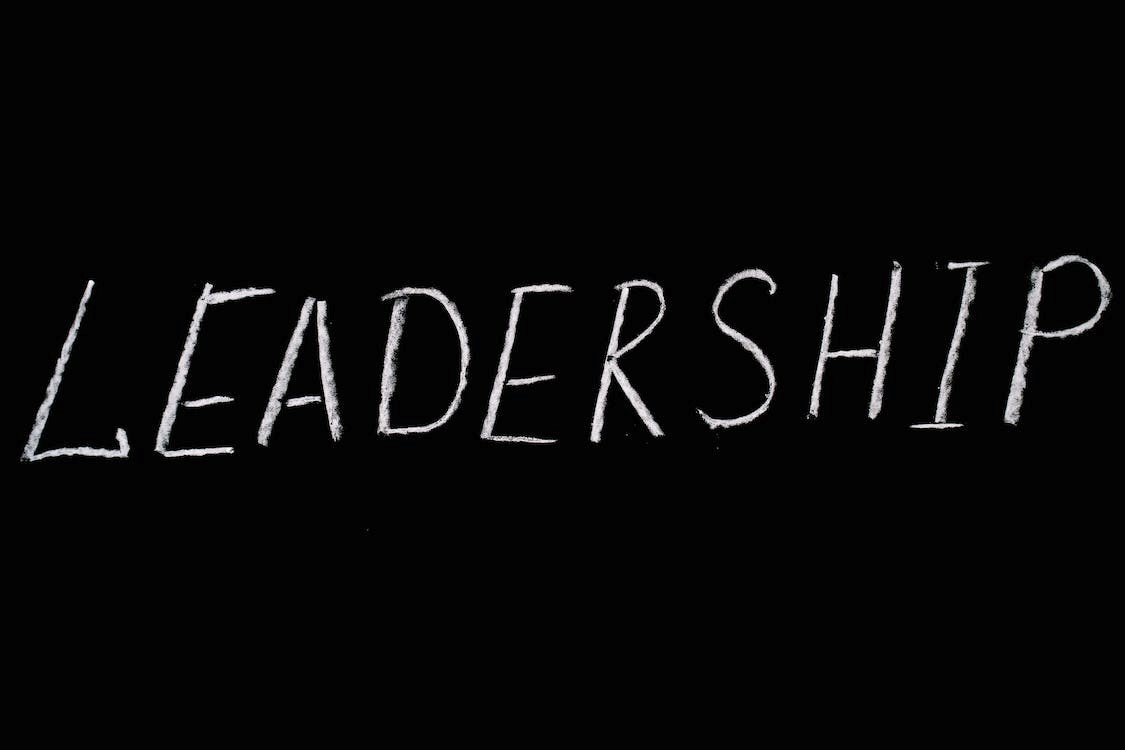Leadership is a complex skill that requires a combination of inherent traits and learned behaviors. While some leaders seem to be born with a natural charisma and vision, the most effective leaders are those who consciously develop critical skills over time. As the business world grows more complex and fast-paced, certain traits and competencies have become particularly crucial for modern leaders to cultivate.
If you are looking for a valuable read to understand the ever-changing business landscape and how to manage it effectively, “The Entrepreneur’s Guide” by Rudolf Schmid is the book for you.
Knowledge
The foundation of strong leadership is knowledge - leaders must thoroughly understand their industry, organization, and team dynamics. They need to be experts in their field with a robust base of technical skills and institutional knowledge. “The Entrepreneur's Guide” by Rudolf Schmid discusses how knowledge is the soil from which innovative ideas blossom. Leaders should constantly strive to expand their knowledge through formal education, hands-on experience, and information gathering. They must stay on top of emerging technologies, market trends, and new methodologies relevant to their work. Knowledge empowers leaders to make wise, informed decisions.
Communication Skills
While knowledge provides the foundation, leaders must be able to clearly communicate information, vision, and strategy to their teams. Strong communication skills include the ability to tailor messages for different audiences, listen actively, and provide transparent, regular updates. Leaders should hone the ability to inspire and persuade through narrative and public speaking. They must also be approachable and open to input from others. Two-way communication promotes organizational alignment and buy-in at all levels. As Schmid emphasizes, transparency and authenticity are key to cultivating trust.
Emotional Intelligence
In addition to IQ, effective leaders have a high degree of emotional intelligence (EQ) - the ability to understand emotions and motivations. This allows leaders to connect with colleagues on a human level. As Schmid writes, modern employees want to feel recognized as whole persons, not just workers. Leaders with EQ can build rapport through empathy, validate others' feelings, and resolve interpersonal conflicts. They can sense the emotional currents within teams and organizations and address moral issues. EQ enables leaders to tailor their style and messaging to resonate with different personalities and working styles. It is an essential ingredient for creating a respectful, inclusive workplace culture.
Adaptability
As the pace of change accelerates, adaptability becomes critical. Leaders must remain flexible, agile, and comfortable with ambiguity. They should be able to process new information quickly and adjust plans. An appetite for lifelong learning helps leaders adapt. When facing setbacks, effective leaders demonstrate resilience and maintain perspective. Adaptability requires active listening, an openness to feedback, and the humility to recognize when a change is necessary, of course. As Schmid writes, leaders must sometimes sacrifice short-term efficiency for long-term resilience. With strong adaptive capacity, leaders can guide their organizations through uncertainty.
Motivation and Growth Mindset
Great leaders are able to motivate others by modeling drive, tenacity, and a growth mindset. They see challenges as opportunities for improvement. Leaders invest time in mentoring team members and cultivating talent. They inspire commitment through clarity of vision and purpose. The Entrepreneur’s Guide discusses how leaders should check egos and focus on collective goals. A leader's passion and grit can spark energy and optimism even in difficult circumstances. By taking a growth-oriented approach themselves, leaders can create a culture of learning and continuous improvement in their organizations.
The most influential leaders of today combine knowledge, communication savvy, emotional skills, adaptability, and motivational ability. As the business landscape evolves, developing a diverse skillset and constant learning mindset will define the next generation of great leaders. While some leaders are born, the most effective are made - crafted through diligent work to sharpen critical competencies over the course of their careers.
Read The Entrepreneur’s Guide to unlock valuable strategies for lifelong growth and learn how you can be a leader who can expand your tools and potential to guide your team and organization to shared success.
Grab your copy today!


No comments yet